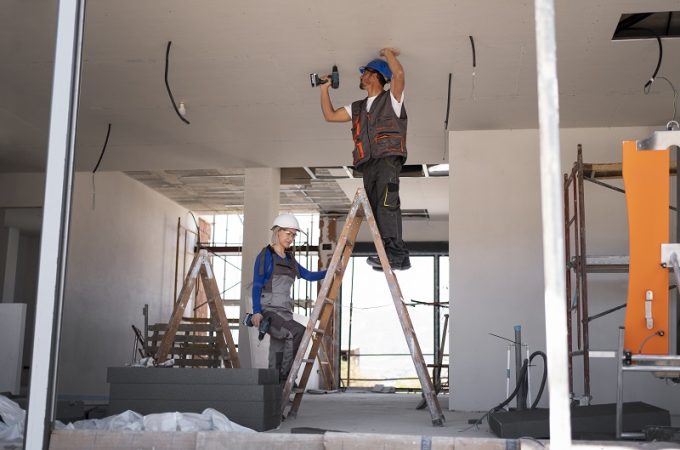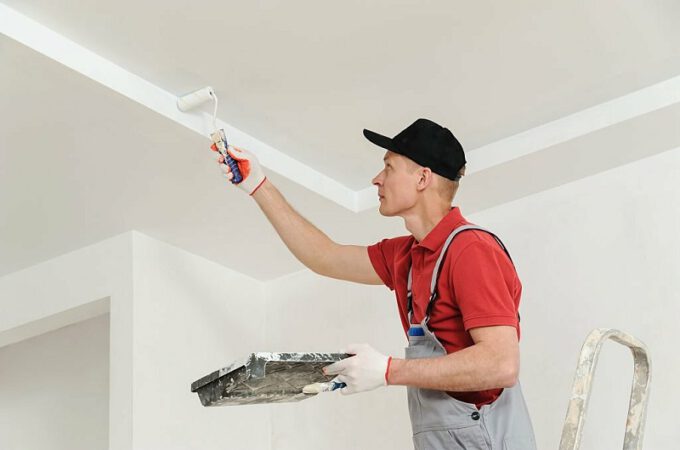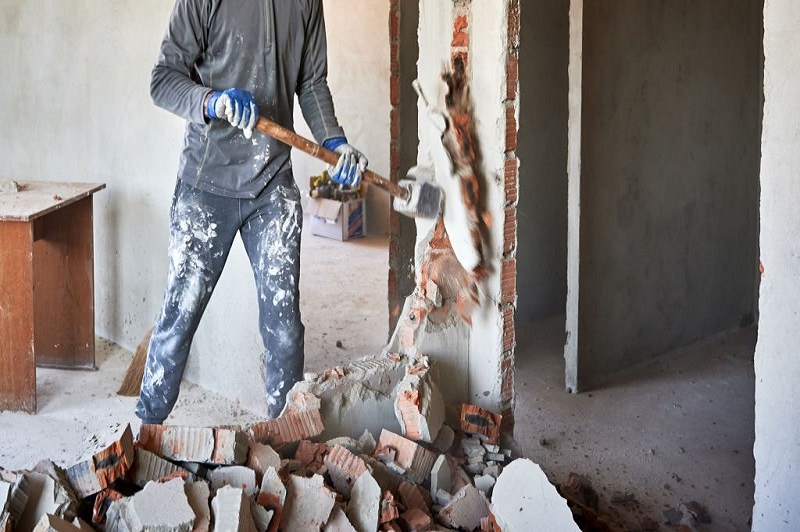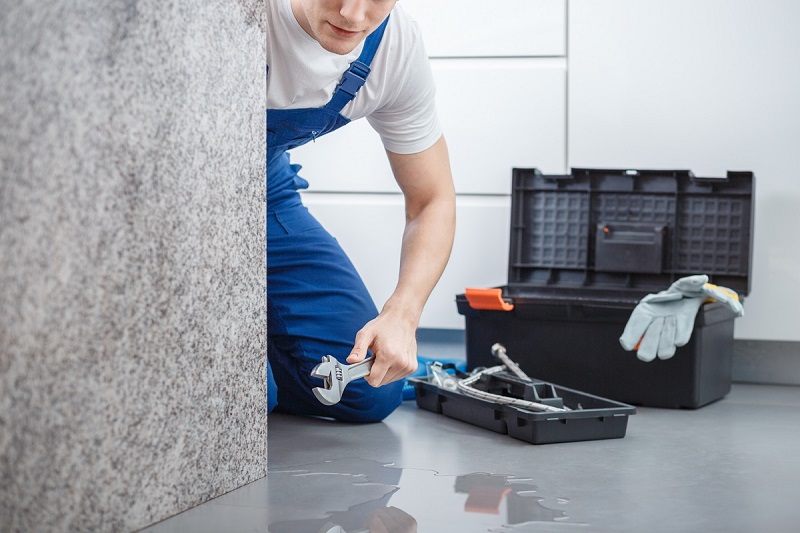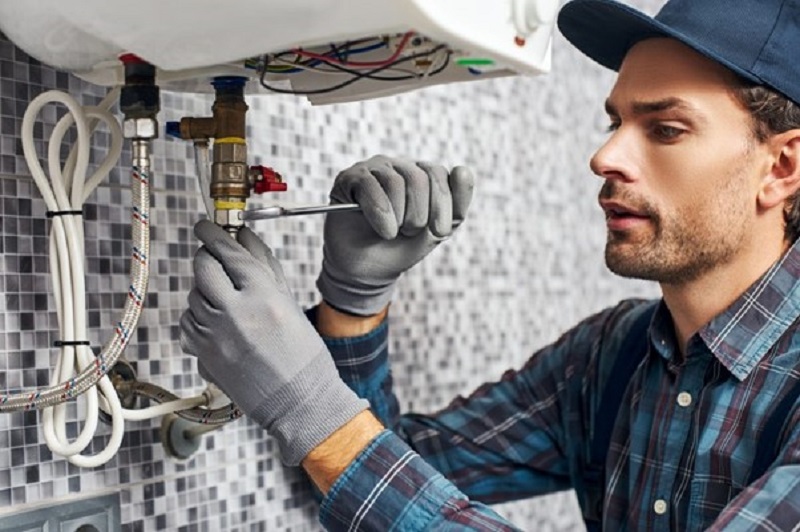
7 Significant Reasons You Shouldn’t Install a Gas Water Heater on Your Own
If you have an investment in shoe uppers repair or just want to find a way to save money by getting into a home repair project, as a homeowner there is a lot you can do about repairs. and renovation.
One item you want to make sure you understand is installing a gas water heater yourself. Doing this right requires a lot of knowledge to avoid hurting yourself and others, causing significant losses, or getting caught up in future legal issues.
Here are 7 reasons why you might want to reconsider installing your gas water heater:
1. Installing your gas water heater is a matter of safety
Be aware that there is a great risk to your safety if you install a gas water heater yourself. Improper installation can result in serious injury. An explosion can occur if the storage tank is cooled due to improper installation or if the pressure relief device does not work.
Hot water can harm your loved ones, and the resulting cost can run into thousands of dollars. Although many home insurance policies cover water damage to a certain extent, you may find that your insurance policy excludes water damage caused by water heaters.
In addition, if an unauthorized plumber performs the installation, the water heater warranty becomes invalid. Therefore, when trying to install the radiator yourself, if the radiator is damaged in the process, it should be taken out of the pocket.
2. May does not have the skills and knowledge of qualified professionals
Water heater installation professionals have many years of experience in this field. They understand the difference between installing gas and electric heaters or water tanks and tankless water heaters. Their skills and knowledge include an understanding of building standards laws, state regulations, electrical issues, surrounding carpentry jobs, and more.
Plus, licensed plumbers are insured, so if you make a mistake during the installation process, the plumbing company, not the owner, is responsible for the loss. Relying on a licensed, experienced, and self-assured person to install a heater for you is less riskier.
3. You can buy the wrong size radiator
If you are installing a gas water heater yourself, size matters. The size of the water tank determines the capacity of the water tank. The standard 2.5-bath four-person home is equipped with a 50-gallon water heater. However, if you wash your clothes often or take long showers, a 60-gallon water tank may be more appropriate.
Generally speaking, larger homes generally require larger water heaters. Some families install multiple water heaters to meet all of their water heater needs. Small homes with two or three residents can use 30-gallon or 40-gallon water tanks. However, if you try to install a tank that is too small than necessary, it will wear out faster than necessary as it will continue to operate to meet demand.
4. The water heater may be installed in the wrong place
When installing a water heater, you can’t do what you want. Almost all cities have a code where it is allowed to install a water heater. Typically unapproved locations include rooms used as storage rooms and rooms in difficult locations such as attics.
There must be continuous and unobstructed access to the water heater. Note that many newer models of water heaters are wider and taller than older models. Your best bet is to delegate the work to licensed professionals.
5. No pipeline license
Many people who like to go the DIY route hate the idea of struggling to get a permit for a home improvement project, like installing their gas water heater. There are reasons you don’t want the flat property tax to go up, but when a home is sold, the law requires homeowners to disclose any work done without permission.
With the help of a water heater installation, the legal problems associated with carrying out work without permission can be avoided.
6. Difficult places to install
IRC section M1305 defines access requirements for water heaters and other equipment in attics, rooms, and basements. For example, an attic driveway requires a minimum opening of 22 “x 30” and horizontal maintenance space for a water heater of at least 30 “x30”. Requires free access to a service space at least 24 inches wide and with the continuous, solid ground within 20 feet of the entrance.
Many water heaters manufactured after April 16, 2015, are taller and wider than their predecessors. Higher efficiencies to meet new government standards include better insulation which requires more insulation around the tank. If you are installing a water heater in a specific location, this extra insulation is perfect.
Consider the popular Rheem Marathon plastic water tank heater. The MR50238 50 Gallon High-Efficiency Electric Water Heater is 23.5 inches wide, too wide for a standard 22 inch. The smaller 40-gallon model MR40245 is 21.62 inches wide, so if you’re careful you can fit it. But do you have enough hot water capacity?
If you have an old tank water heater in a confined space, it may take a little creativity to create a suitable new water heater. Assuming you can remove the water tank at the entrance, the attic has plenty of room for a water heater of almost any size, but there are other issues. It’s putting things in the attic.
This is not the job of one person, as a typical 50-gallon water heater weighs around 125 to 150 pounds. When you go down the ladder and enter the attic, the elevator becomes a challenge for most people. The total weight of the water heater and the person may exceed the capacity of the ladder. Plumbers usually have to use a rope to lift the water heater out of the tank to fix this problem.
7. Install a water heater without a plumbing license
Licensing agencies can be very careful with code execution. They prefer to send inspectors to make sure the job has been done correctly so as not to cause problems anytime in the future. This document from Grapevine, Texas details the types of work for which a homeowner, builder, or contractor must obtain a permit.
Podovin’s policies are similar to other policies in the city of Dallas, Texas, and other states. There are a few exceptions, including the special mention of obtaining a water heater installation permit. This document describes the cases where a permit is not required (leaks, blocked drains, etc.), but explains that a permit is required for the removal and replacement of pipes and inspection after work.
Many enthusiasts try not to spend money to get a license. And can you believe it? – Some people have not obtained a renovation permit because they do not want to increase the fixed property tax. When a home is sold, the seller must disclose any business requiring a permit. Ahhh. However you answer this question, you may run into legal issues with unacceptable transactions. Unauthorized work could void a homeowner’s insurance coverage for work-related claims.
Conclusion
Installing water heaters is no ordinary easy project. You should have skills in plumbing, electrical, heating, ventilation, and carpentry, understand state and local building code laws, obtain a work permit, and prepare for labor inspections with the municipality.
Failure to follow plumbing rules can expose you to serious physical, economic, and legal risks. If you have a licensed plumber install your water heater, the plumber takes the risk and takes out insurance to cover it. If you perform unauthorized work, you expose yourself to legal risk and may void work-related home insurance.
All water heaters will eventually fail, but by hiring a licensed Looking for water heater installation in Los Angeles rather than doing it yourself, you help prevent serious breakdowns. Avoid the 15 common mistakes DIY plumbers make when installing a water heater and get a quality water heater. This will most likely save you money in the long run.
Author Bio:- Michael Cabral
Michael is a marketing manager at EZ Heat and Air. He loves writing about innovative and hybrid HVAC installation tips. His articles help readers to have valuable insights into the importance of duct cleaning, water heater maintenance, and repair, optimum working of the thermostat, Mini-split and heat pump installation in Orange County. Read articles for more information on keeping your HVAC system in tip-top condition and leading a hassle-free life.

